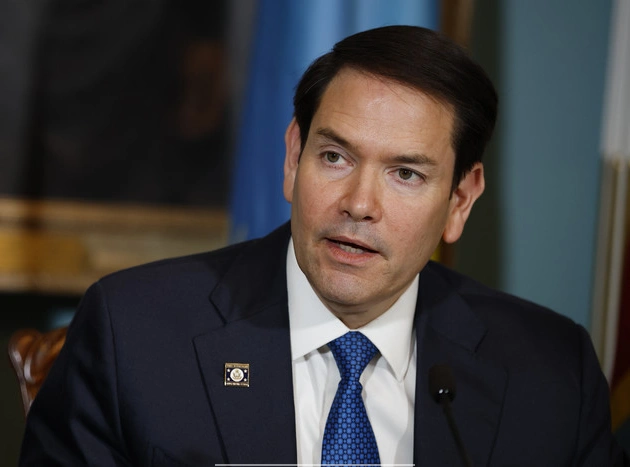
The Trump administration is implementing significant changes in the White House National Security Council, reducing the core of American foreign policy operations, as reported by insiders.
Staff Reductions and Reorganization
The restructuring involves downsizing the NSC staff to less than 150 from the current 350, with some reductions already underway. Additionally, the number of NSC committees will be reduced, and the remaining ones will convene less frequently, sources revealed.
Personnel Reevaluation
Recent actions include reassessing numerous NSC staff positions to determine retention, with notifications issued post a staff meeting. Some affected individuals have been placed on administrative leave, while others on temporary NSC assignment are returning to their respective agencies.
Impact on Decision-Making
NSC officials typically yield significant influence in shaping policy discussions among key agencies like the State Department and Pentagon. Any alterations could impact internal deliberations on critical issues, ranging from international relations with China and Russia to nuclear talks with Iran.
Uncertainty and Transition
The reinterview process has stirred uncertainty within the NSC following recent leadership changes. An internal power struggle between different factions within the Republican party has influenced the composition of Trump’s foreign policy team.
Notable Appointments
Reports suggest Vice President JD Vance’s national security adviser, Andy Baker, will assume a more prominent role in the NSC as deputy national security adviser. However, official statements from the NSC and Vance’s office are pending.
Policy and Personnel Adjustments
President Trump and Secretary of State Marco Rubio have reshaped foreign aid and national security directives, including substantial budget cuts and workforce reductions at key agencies.
Future Developments
As the administration continues to evolve its foreign policy apparatus, ongoing changes are expected. Rubio’s role as acting national security adviser alongside his duties as secretary of State signifies a strategic shift in foreign policy decision-making.
State Department Restructuring
Rubio has advocated for repositioning the State Department at the forefront of U.S. foreign policy formulation, addressing concerns over the NSC’s dominance in recent administrations.











